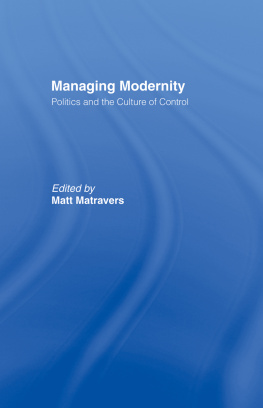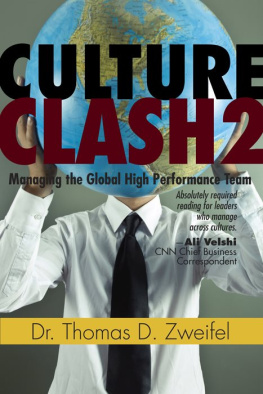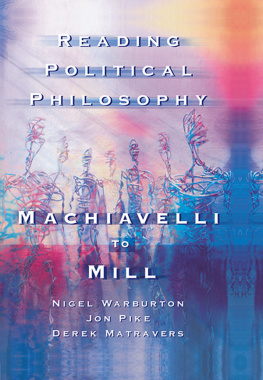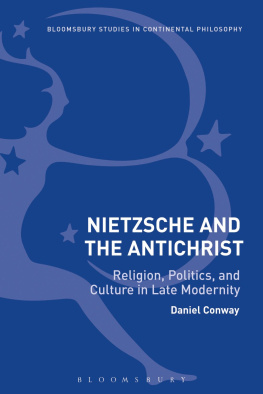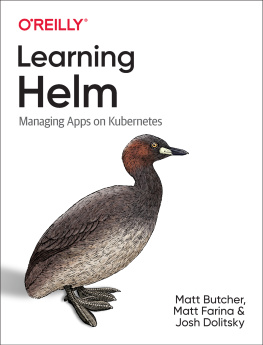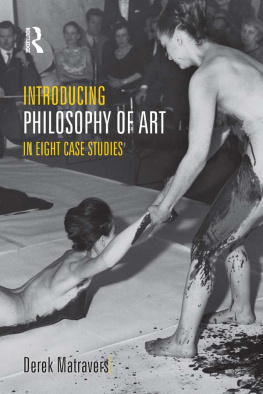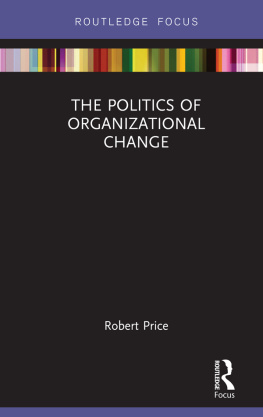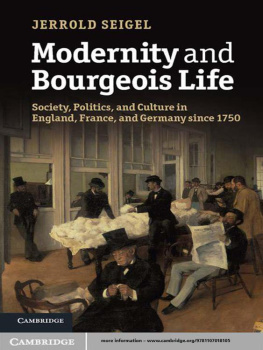Managing Modernity
In the last thirty years, the USA and the UK have witnessed a profound change in the way in which we think about and respond to crime and social control. Crime has become part of everyday life as, for many citizens, has imprisonment. Managing Modernity: the Politics and the Culture of Control brings together criminologists, social theorists, and philosophers to consider what explains these changes and what they tell us about ourselves and the way in which we live. Inspired by David Garlands recent book on this subject, the authors consider the pervasive, the obvious, and the covert ways in which crime and social order has come to structure social discourses and social life, from mass imprisonment to zero tolerance, to on-the-spot fines.
This is a special issue of the journal Critical Review of International Social and Political Philosophy.
Matt Matravers is Senior Lecturer in Political Philosophy, in the department of Politics, University of York; he is also Director of the Graduate School and Director of Morrell Studies in Toleration programme.
His publications include Punishment and Political Theory (1999); Justice and Punishment: The Rationale of Coercion (2000), and Scanlon and Contractualism (2003).
First published 2005 by Routledge
2 Park Square, Milton Park, Abingdon, Oxon, OX14 4RN
Simultaneously published in the USA and Canada
by Routledge
270 Madison Ave, New York NY 10016
Routledge is an imprint of the Taylor & Francis Group
Transferred to Digital Printing 2007
2005 Matt Matravers
Typeset in Classical Garamond by Genesis Typesetting Limited, Rochester, Kent
All rights reserved. No part of this book may be reprinted or reproduced or utilised in any form or by any electronic, mechanical, or other means, now known or hereafter invented, including photocopying and recording, or in any information storage or retrieval system, without permission in writing from the publishers.
British Library Cataloguing in Publication Data
A catalogue record for this book is available from the British Library
Library of Congress Cataloging in Publication Data
ISBN 0-415-34805-6
Notes on Contributors
David Garland is the Arthur T. Vanderbilt Professor of Law and Professor of Sociology at New York University. From 1979 until 1997 he taught at Edinburgh University, where he was Professor of Penology. He is the author of Punishment and Welfare (1985), Punishment and Modern Society (1990) and The Culture of Control (2001) and the editor or co-editor of The Power to Punish (1983), Criminology and Social Theory (2000) and Mass Imprisonment (2001). He is a founding editor of the interdisciplinary journal Punishment & Society. He is currently writing on the history of lynching, the social organization of the American capital punishment system, and the concept of culture.
Loraine Gelsthorpe is Senior University Lecturer in Criminology and Director of the M.Phil. Programme at the Institute of Criminology, University of Cambridge and a Fellow at Pembroke College, Cambridge. Her research interests include gender, crime and justice, feminist perspectives in criminology, decision making and discrimination in the criminal justice system and related agencies, the links between social exclusion and social justice, and youth justice since the 1950s, in particular. She is author of numerous works in all these areas. She is also currently completing research on community penalties and their impact and developing some research on psycho-social approaches to criminal justice policy. Recent publications include jointly edited books: Community Penalties: Change and Challenges (2001), Exercising Discretion: Decision-making in the Criminal Justice System and Beyond (2003) and Sexuality Repositioned: Diversity and the Law (2004). Dr Gelsthorpe is a psychoanalytic psychotherapist as well as a criminologist.
John Hagan is the John D. MacArthur Professor of Sociology and Law at Northwestern University and University Professor of Law and Sociology at the University of Toronto. His most recent books are Mean Streets: Youth Crime and Homelessness (with Bill McCarthy, 1997), Northern Passage: American Vietnam War Resisters in Canada (2001), and Justice in the Balkans: Prosecuting War Crimes at The Hague Tribunal (2003).
Barbara Hudson is a Professor of Law at the University of Central Lancashire. Her teaching and research interests include penal policy and theory; sociology of law, and theories of justice. She has researched and published widely in the field of criminal justice and penal theory, focusing in particular on the impact of penal policy and the implications of penal theory for female offenders, minority ethnic offenders and impoverished offenders. Her publications include Justice through Punishment: A Critique of the Justice Model of Corrections (1987); Penal Policy and Social Justice (1993); Understanding Justice (1996, second edition 2003); Doing justice to difference in A. Ashworth and M. Wasik, eds, Fundamentals of Sentencing Theory (1998); Punishing the poor: dilemmas of justice and difference in W.C. Heffernan and J. Kleinig, eds, From Social Justice to Criminal Justice (2000); and Gender issues in penal policy and penal theory in P. Carlen, ed., Women and Punishment: The Struggle for Justice (2002). Her latest book is Justice in the Risk Society: Challenging and Re-affirming Justice in Late Modernity (2003).
Ian Loader works in the Department of Criminology, Keele University. His research interests lie primarily in policing, broadly understood. He is co-author (with Richard Sparks and Evi Girling) of Crime and Social Change in Middle England (2000). Ians most recent book (with Aogan Mulcahy) is Policing and the Condition of England (2003).
Sandra Marshall is a professor in the Department of Philosophy at the University of Stirling, and a Deputy Principal of the University. She has published on a range of topics in legal, political and social philosophy, and is currently working on issues concerning the status of victims in the criminal process. She is co-editor of the Journal of Applied Philosophy.
Shadd Maruna is a lecturer at the University of Cambridge Institute of Criminology. His research focuses on issues of offender reintegration and public attitudes toward law-breakers. His book Making Good (2001) received the American Society of Criminologys Hindelang Award for outstanding contribution to criminology.
Amanda Matravers is a lecturer at the University of Cambridge Institute of Criminology. Her research interests include policing, sex offender management and womens involvement in violent crime. She is the editor of Sex Offenders in the Community (2003).
Matt Matravers is Senior Lecturer in Political Philosophy and Director of the Morrell Studies in Toleration Programme at the University of York. He works on issues of justice, responsibility, and punishment. His publications include


